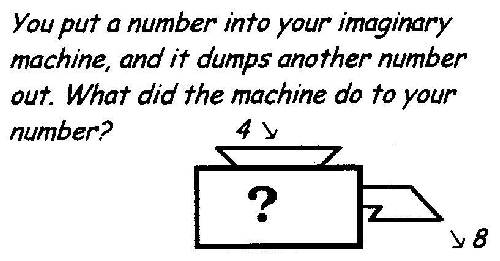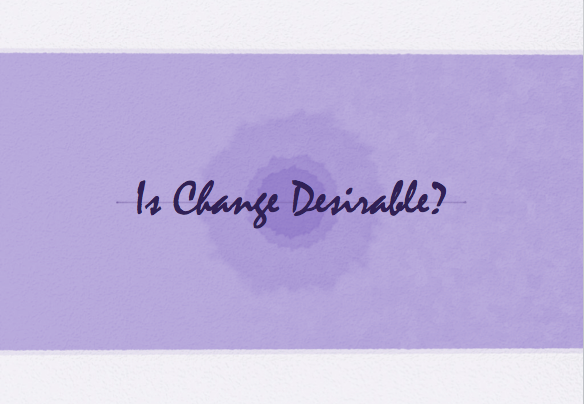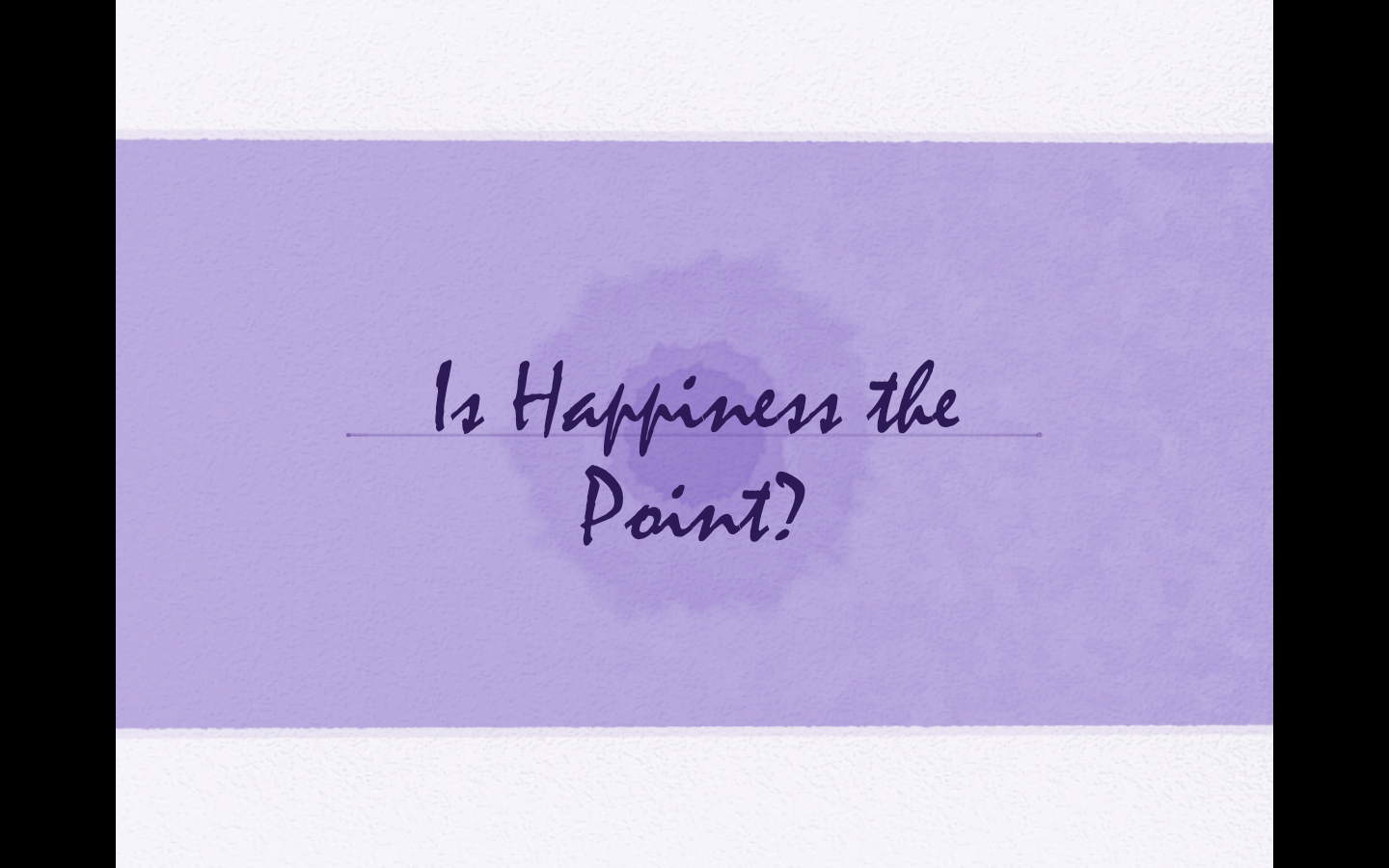The Art of Meditation, Part 4: The Mind as Translator
I’m returning to “The Art of Meditation,” and to a quote from the video that I wrote about last week. But now I’m looking at a metaphor that Matthieu Ricard uses: the mind as translator. We aspire to be free from suffering and to find some happiness. There are outer and inner conditions to that. The outer conditions—we ought to improve them as much as possible. But if we know that the way our mind experiences that, the way our mind translates the outer condition as happiness or misery [then] we know the fact that our state of mind can very easily eclipse the outer condition. We can be miserable in a seemingly perfect paradise. We can have strength of mind, joy of being alive, even [when] the conditions seem to be difficult. We know all that. The metaphor of mind as a translator has me thinking about my math book in grade school and how, at least for a while, we were working with math as if it were happening in a machine: with inputs and outputs. Something like this picture, which accompanies something called “The Function Machine Game”: Or something like this (the picture above): If the mind can be thought of as a translator, as Ricard suggests, then we’re not experiencing input purely—but as something altered and translated. We’re altering it according to rules. Instead of the rule “add 4” we’re interpreting our experiences with other rules. Say the input is a snow forecast. We might have a rule inside our head that says: “Snow is good because I get to miss school.” Or we might have a different rule: “Snow is frustrating because I’m going to have to worry about the roads and missing school.” Or: “Snow means getting up earlier and shoveling the driveway.” Same input. Different rules. Different experiences of happiness or misery. We know all this. I know all this. But at the same time I don’t. Or I forget. I forget that my mind is altering experiences and making interpretations all the time, and doing so according to rules that I sometimes don’t pay much attention to. I think Ricard is suggesting that meditation can change the rules inside our minds. And I think he’s suggesting that we can change the rules so that they increasingly lead to happiness. Here’s his quote from the Independent article again: If you allow exterior circumstances to determine your state of mind, then of course you will suffer; you become like a sponge, or like a chameleon. I have lived in difficult areas. I lived in Old Delhi for almost a year. That really is a miserable place. And yet sometimes I felt so light there. It was like—how can I put this—different weather. Old Delhi can be, apparently, a miserable place—but the experience of it doesn’t have to be miserable. The mind can translate it differently. This is tricky. I know that 2 different people might experience it differently. And I know on 2 different days I might experience it differently. Ricard is implying something more than this though. He’s implying that we can use meditation to intentionally change our mind in some way so that we will experience a...
read more


